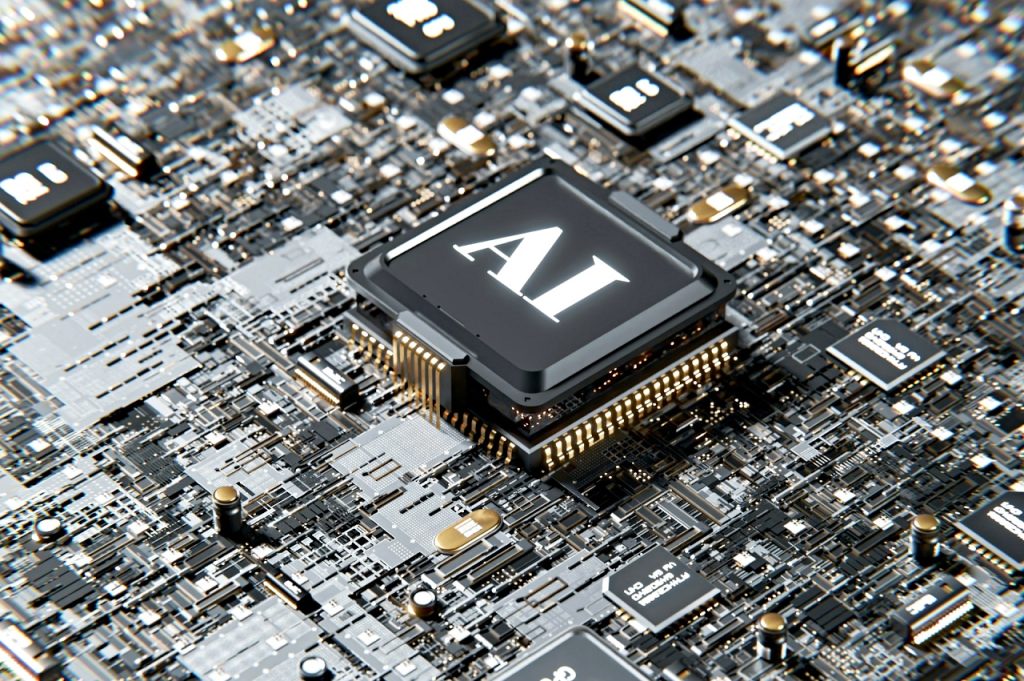Nvidia-backed Perplexity AI is ramping up its efforts to disrupt Google’s dominance in search by pushing its AI-powered Comet browser onto mobile devices. CEO Aravind Srinivas told Reuters that the startup is in talks with smartphone manufacturers to pre-install Comet, aiming to tap into user loyalty often driven by default apps.
While convincing OEMs to replace Chrome as the default browser poses a major challenge, success could significantly expand Perplexity’s user base and enhance engagement with its AI tools. “It’s not easy to convince mobile OEMs to change the default browser to Comet from Chrome,” Srinivas said, citing the difficulty of shifting user habits on mobile platforms.
Currently in beta on desktops, Comet integrates Perplexity’s generative AI directly into web browsing, enabling users to interact with personal data like emails or calendars, perform tasks like scheduling, and summarize content in real time. The company aims to reach “tens to hundreds of millions” of users by 2026, following broader adoption of the desktop version.
Perplexity’s move aligns with a growing trend of AI-native browsers offering agentic capabilities—tools that can complete tasks with minimal human input. OpenAI is also working on a browser that can automate complex actions such as booking travel or managing finances.
Despite Google Chrome dominating roughly 70% of the mobile browser market, with Safari and Samsung’s browsers holding 24% combined, Perplexity is aiming to carve out its niche. Reports suggest the startup is in talks with Apple and Samsung to integrate its AI into assistants like Siri and Bixby.
Backed by $500 million in funding and a $14 billion valuation, Perplexity’s investors include Nvidia, Accel, Jeff Bezos, and former Google CEO Eric Schmidt—adding weight to its bold push into mobile AI search.

